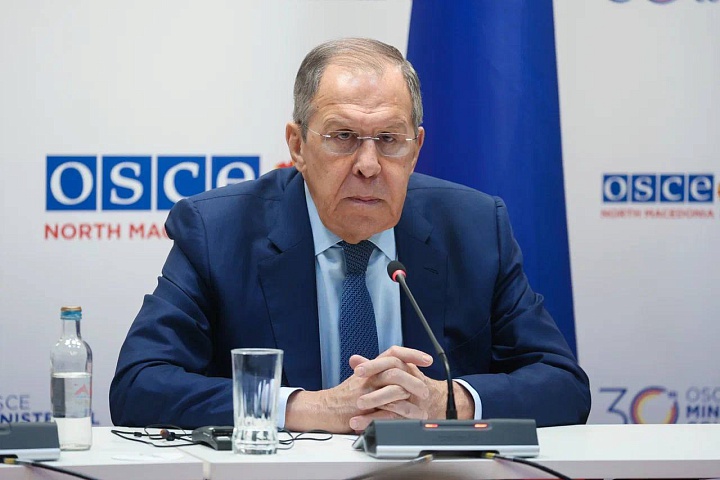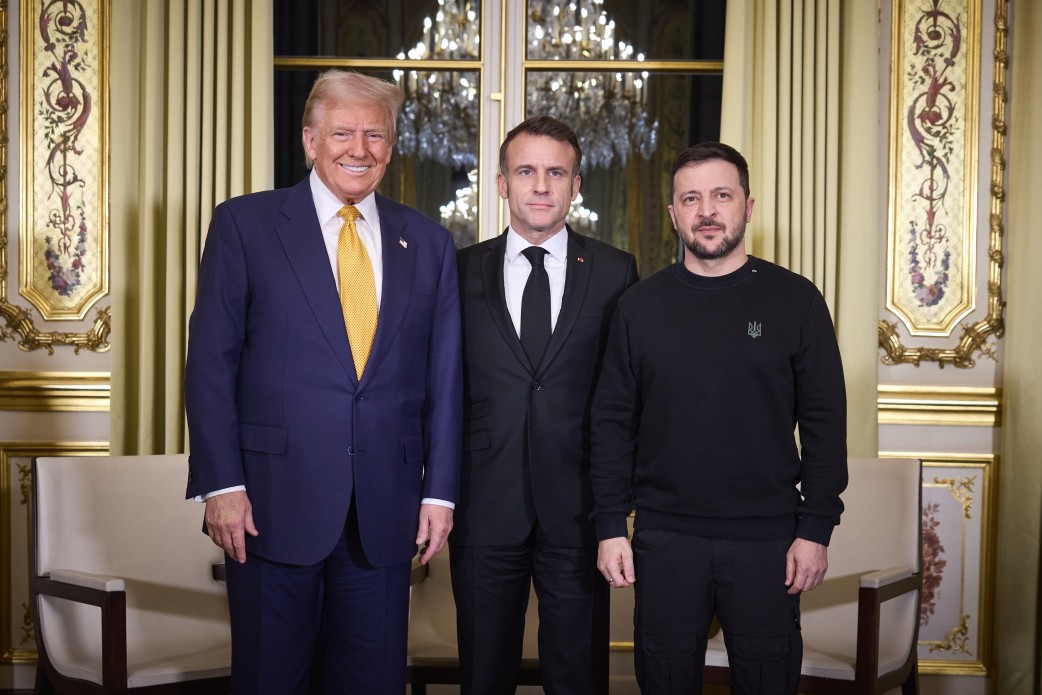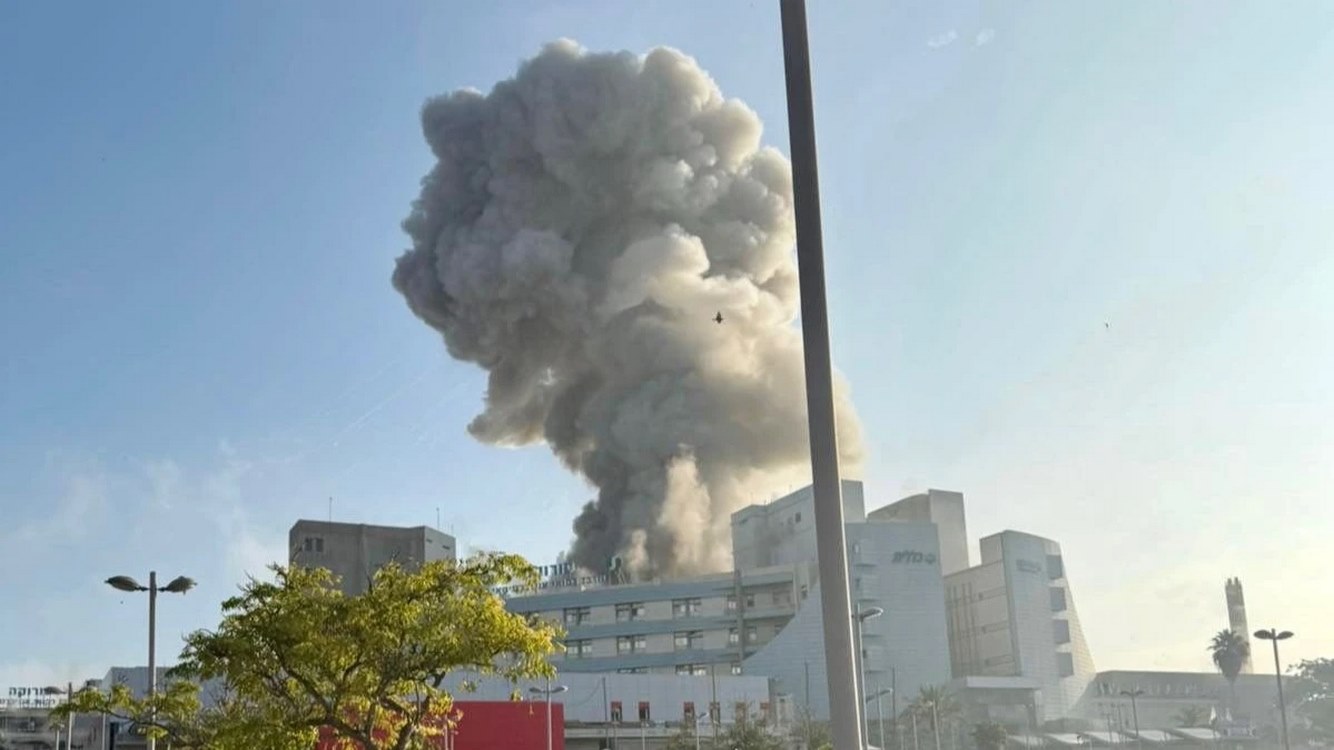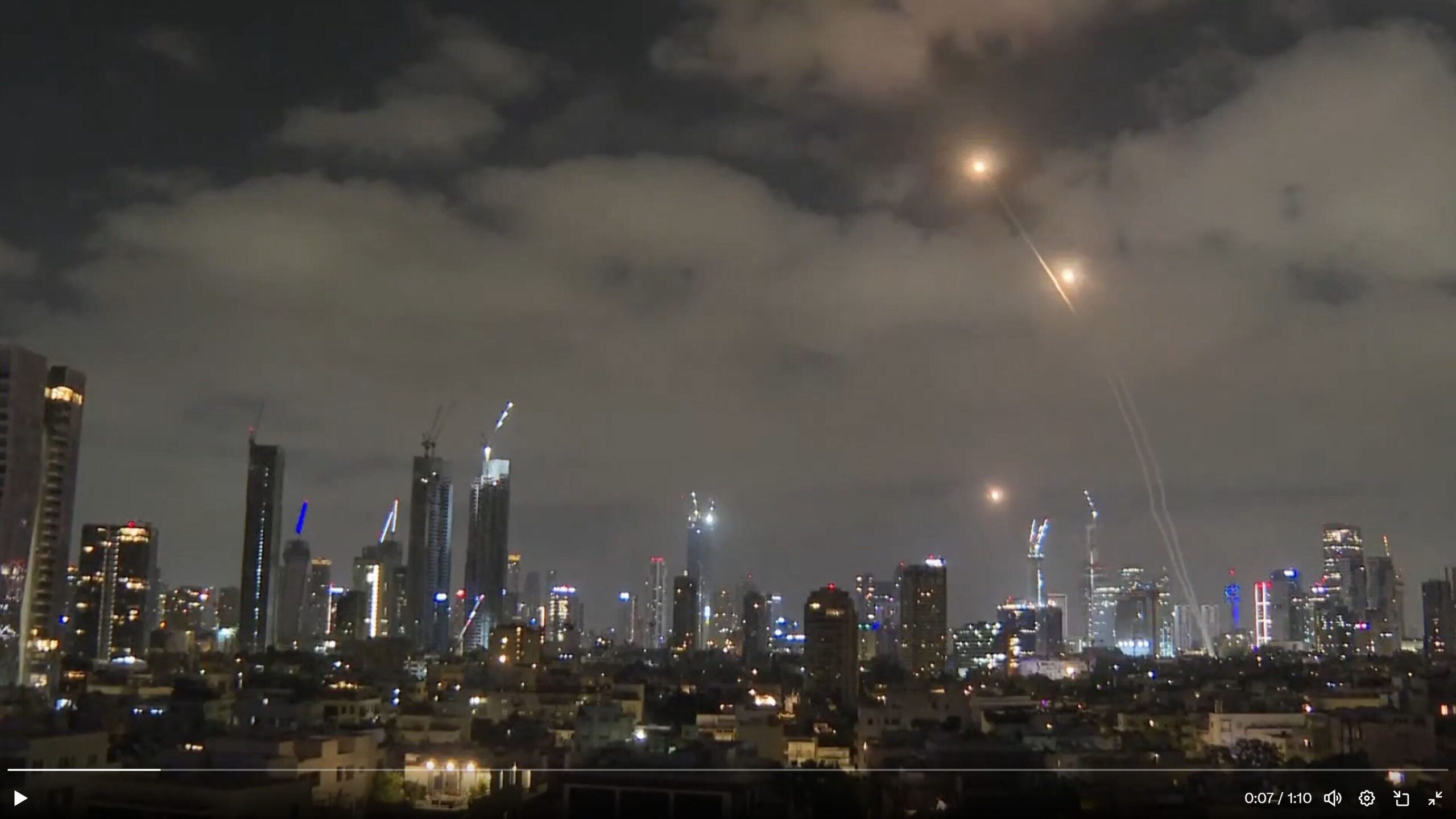The NATO Secretary General has said that the alliance should be prepared to back Ukraine after their massive defeat in the summer counteroffensive this year, saying NATO should be prepared for “bad news”.
“Wars develop in phases,” Sec. General Jens Stoltenberg said in an interview Saturday with German broadcaster ARD. “We have to support Ukraine in both good and bad times. We should also be prepared for bad news”.
Ukraine has only been hearing bad news for a period extending back to January of 2023, when they received a paltry, disjointed, and delayed delivery of half of the total number of armored vehicles they asked for in November of 2022. It got worse in March after the “meat grinder” in Bakhmut, which Western strategists regularly said had little strategic value, was lost to the Russian mercenaries of the Wagner Group, and proceeded to worsen after the initial weeks of failure during the counter-offensive saw “staggering losses” turn into months of complete failure, retreat, and a net-loss of territory to the Russians who pushed forward in other areas.
In November, the Supreme Commander of the Ukrainian Defense Forces admitted that the war was lost, in a sophisticated, tactical sort of explanation, and was interviewed in The Economist to explain it all.
However, moving into the first winter snowfalls, there’s no voice for de-escalation, much less a ceasefire, much less serious negotiations.
Instead, with most of the world fixated on Israel’s continued butchery in Gaza, the media is left with Stoltenberg extolling the “big victories,” of Ukraine’s various cruise missile and drone strikes across Russian territory, “even though they haven’t been able to move the front line”.
Absurdly, the Secretary General told ARD that “the more we support the Ukraine, the faster the war will end”. In April of 2022, leaked documents revealed the Pentagon’s analysis of the war, in which the DoD concluded that the Ukrainian military didn’t possess sufficient training, manpower, or weaponry to succeed in a counterattack, meaning that the largest backer of Ukraine, the Americans, believed with the more than $118 billion of funding in weapons, vehicles, and ammunition, they would be unable to shake the Russians from their eastern half, ipso facto meaning that with none of that support, the war would end almost immediately.
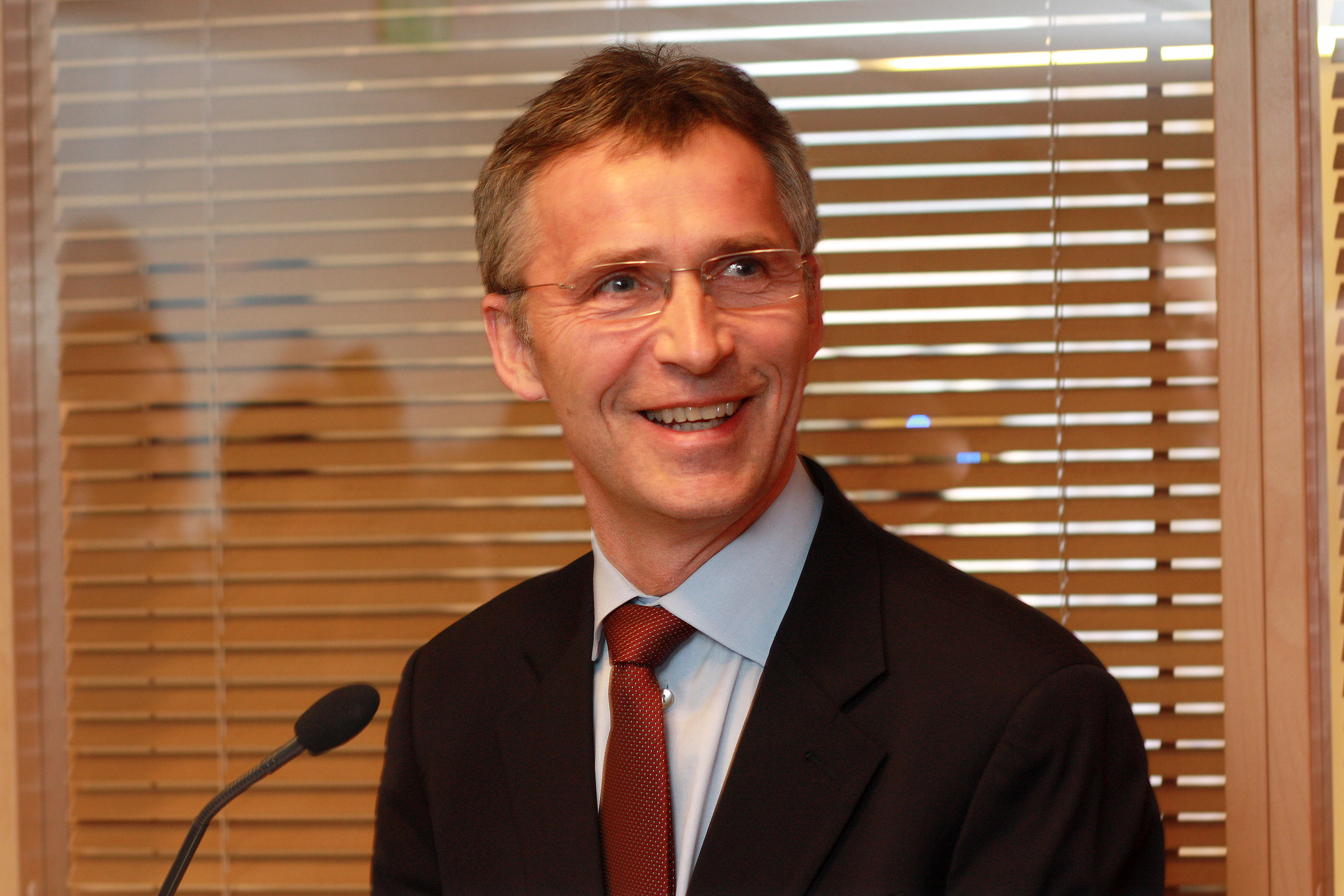
A natural conclusion
Unlike most of the last 2 decades of war around the world, the conflict in Ukraine, now just 3 months short of the two-year mark, has been conducted by two modern, supplied, and able armies, rather than a single army against irregulars. There has been a rhythm similar to other stalled conflicts of changing from offensive posture to defensive posture.
While neither side publishes casualty numbers, it’s clear from the analysis of honest military commanders and leaked documents that both sides have likely sustained grotesque numbers of casualties, perhaps as high as half a million men combined.
Described by Ukraine’s Commander-in-Chief, as a “transition of hostilities to the positional form,” in other words, stalemate, he warned in The Economist that a way out of the conflict from a historical retrospect “has always been difficult for both the Armed Forces and the state as a whole”.
“The biggest risk of an attritional trench war is that it can drag on for years and wear down the Ukrainian state… sooner or later we are going to find that we simply don’t have enough people to fight,” he told The Economist, adding in an accompanied essay that it gives the “Russian Federation the opportunity to reconstitute and build up its military power”.
To those ends, both sides have announced increased military mobilization measures, with the Russian army calling up 170,000 more draftees, reservists, and conscripts, and the Ukrainian conscription authorities lowering the age of recruitment to 25 from 27—a predictable consequence of no rational head of state around Europe urging the belligerents to de-escalate.
With Russia’s war justifications largely assuaged with their victories in the East, Ukraine’s ultimate objective unobtainable, and war fatigue higher than ever on both sides, chances for a negotiated settlement to last are reasonably high, with Russian President Vladimir Putin himself saying in November “we should think about how to stop this tragedy”.
Having learned nothing from the 20th century, and despite the collapse of stated war aims, Europe continues to goad the Ukrainians into a war their commander himself has admitted they can’t win in order to preserve institutional principles of the European community which neither belligerent is a part of.
Sergei Lavrov, the Russian Foreign Minister, attended the summit of ministers for the Organization for Security and Cooperation in Europe (OSCE) held recently in Skopje, North Macedonia, and was asked if there was a chance to reach an agreement with Ukraine, and what needed to be done. He replied that there was an agreement made in March 2022 and finalized in Istanbul, but which is now known to have been interrupted by the UK Prime Minister Boris Johnson at the behest of the United States.
Lavrov suggested that, based on quotes he cited from a member of the Ukrainian parliament, David Arakhamiya, who was among the delegates in Istanbul, the text of that agreement was then, and is now again, considered to be favorable. WaL
PICTURED ABOVE: Sergei Lavrov at the recent OSCE summit. PC: Russian Foreign Ministry.
